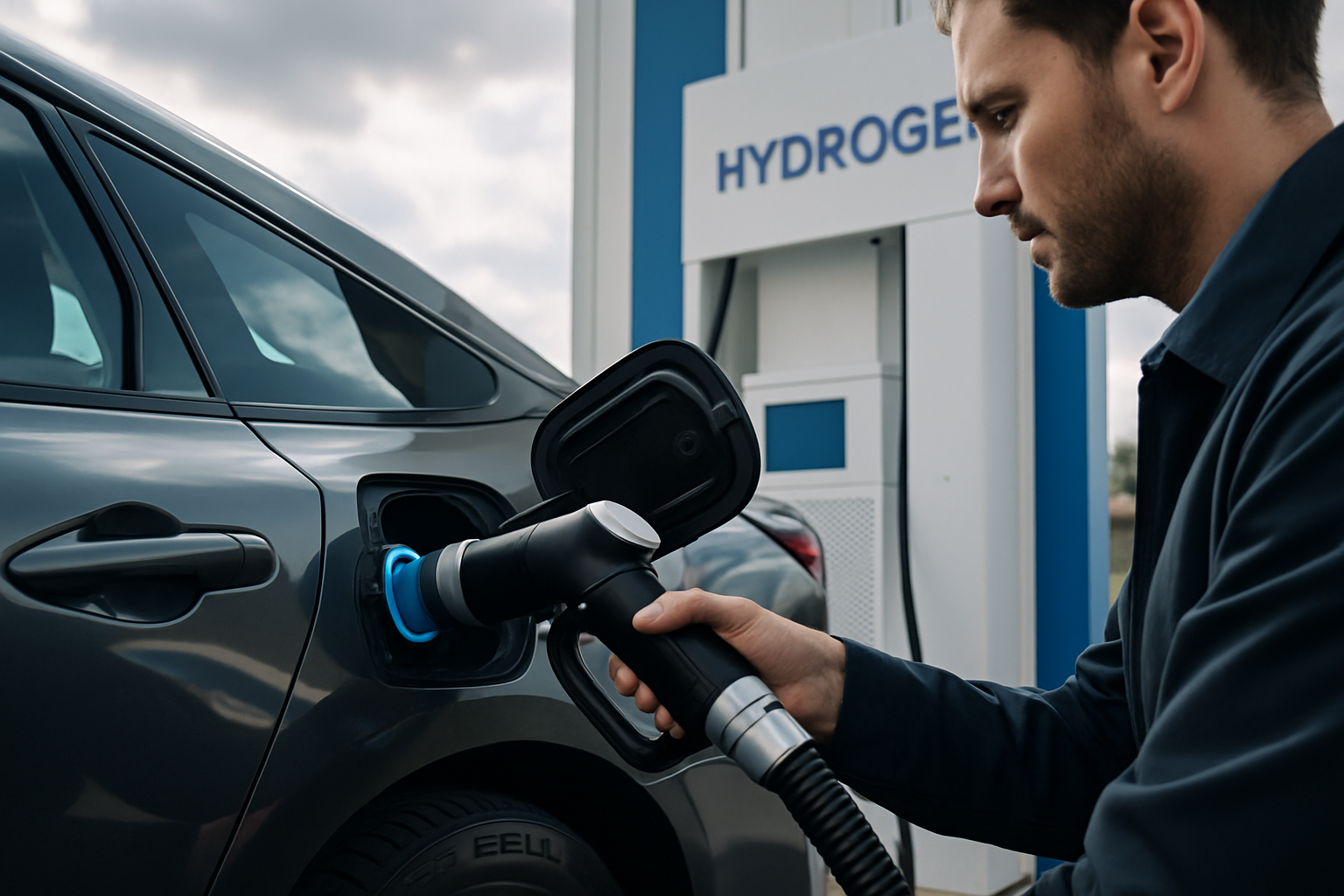Automotive Industry's Pioneering Shift: Hydrogen Fuel Cell Technology
An intriguing development is quietly making waves in the automotive industry, promising to revolutionize the way we think about vehicle propulsion. Hydrogen fuel cell technology, a somewhat under-the-radar innovation, is poised to lead the charge for a sustainable future. This article unravels the fascinating history, current trends, and potential implications of this groundbreaking automotive technology.

A Glimpse into the Past: Hydrogen and its Automotive Applications
The concept of hydrogen as a source of energy isn’t entirely new. The first rudimentary fuel cell was invented by Sir William Robert Grove in 1839. However, the idea of harnessing this power for automotive purposes didn’t gain traction until the 20th century. In 1959, Allis-Chalmers Corporation unveiled a 20-horsepower tractor powered by a fuel cell, marking the first significant application of this technology in the automotive sector.
Present-Day Scenario: Current Trends and Developments
Fast forward to today, and we’re witnessing an increasing interest in hydrogen fuel cell technology from both automakers and governments. Companies such as Toyota, Hyundai, and Honda have launched vehicles powered by this technology, albeit in limited numbers. Simultaneously, nations like Japan and Germany are heavily investing in hydrogen infrastructure, signaling a shift towards this alternative fuel source.
Impact and Benefits: The Promise of Hydrogen Fuel Cells
The potential benefits of hydrogen fuel cell technology are manifold. For starters, these vehicles emit only water vapor, making them a truly zero-emission solution. Additionally, they offer a significantly better range than electric vehicles and can be refueled quickly, addressing two critical limitations of EVs.
Challenges Ahead: Overcoming the Hydrogen Hurdle
Despite its promise, hydrogen fuel cell technology faces several challenges. The most significant among them is the lack of widespread hydrogen refueling infrastructure. Additionally, producing hydrogen is an energy-intensive process, and unless this energy comes from renewable sources, the benefits could be undermined.
A Sustainable Future with Hydrogen?
With rising environmental concerns, the quest for sustainable transportation solutions has never been more critical. As we navigate this landscape, hydrogen fuel cell technology presents a compelling option. While challenges exist, the potential benefits it offers could make it a vital piece of the automotive industry’s future.
The journey towards a sustainable future in the automotive world is a thrilling ride, with hydrogen fuel cell technology serving as one of the most promising routes. As we continue to explore this path, one thing is certain: the wheels of innovation are turning, and they’re steering us towards a more sustainable tomorrow.




